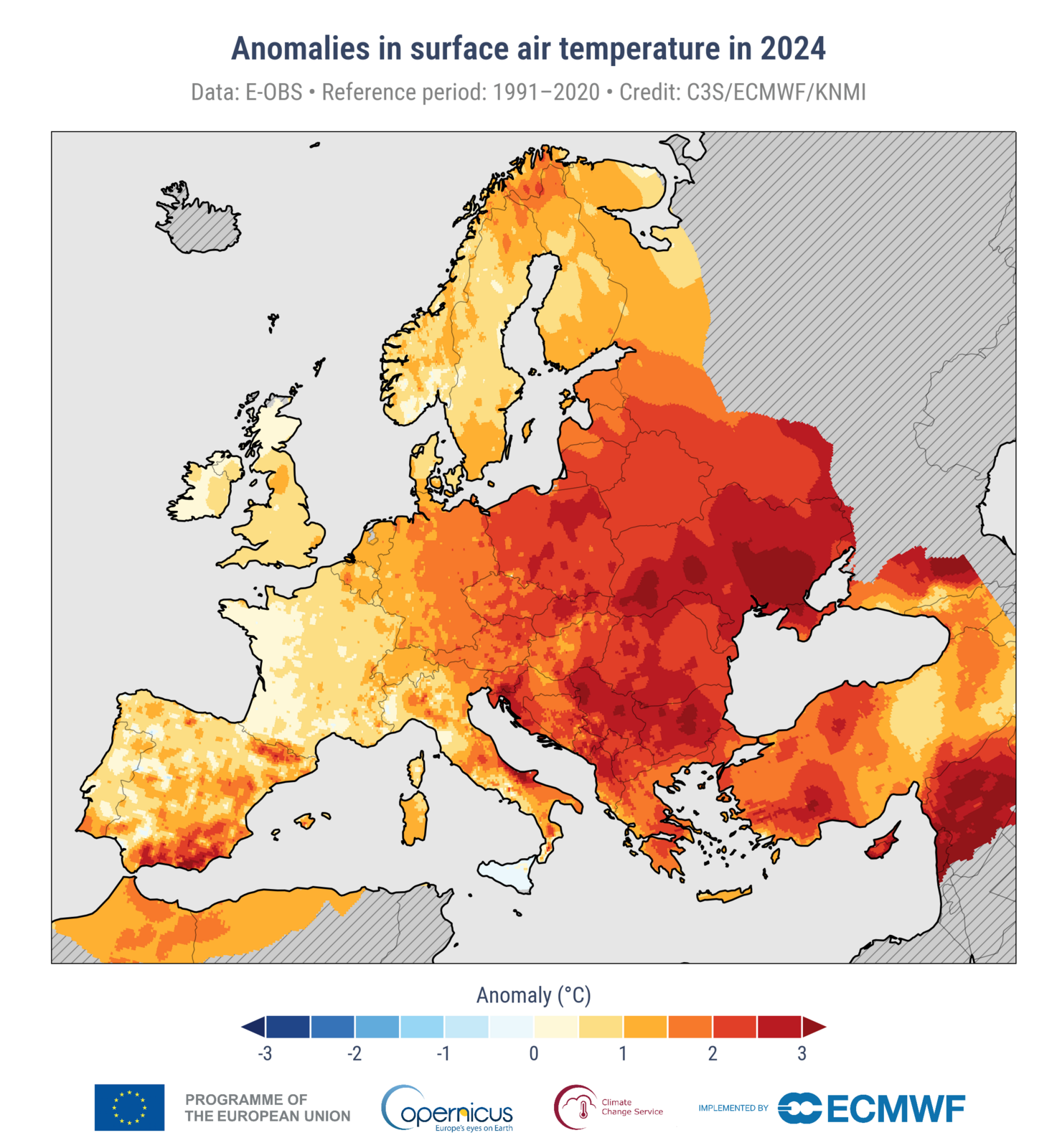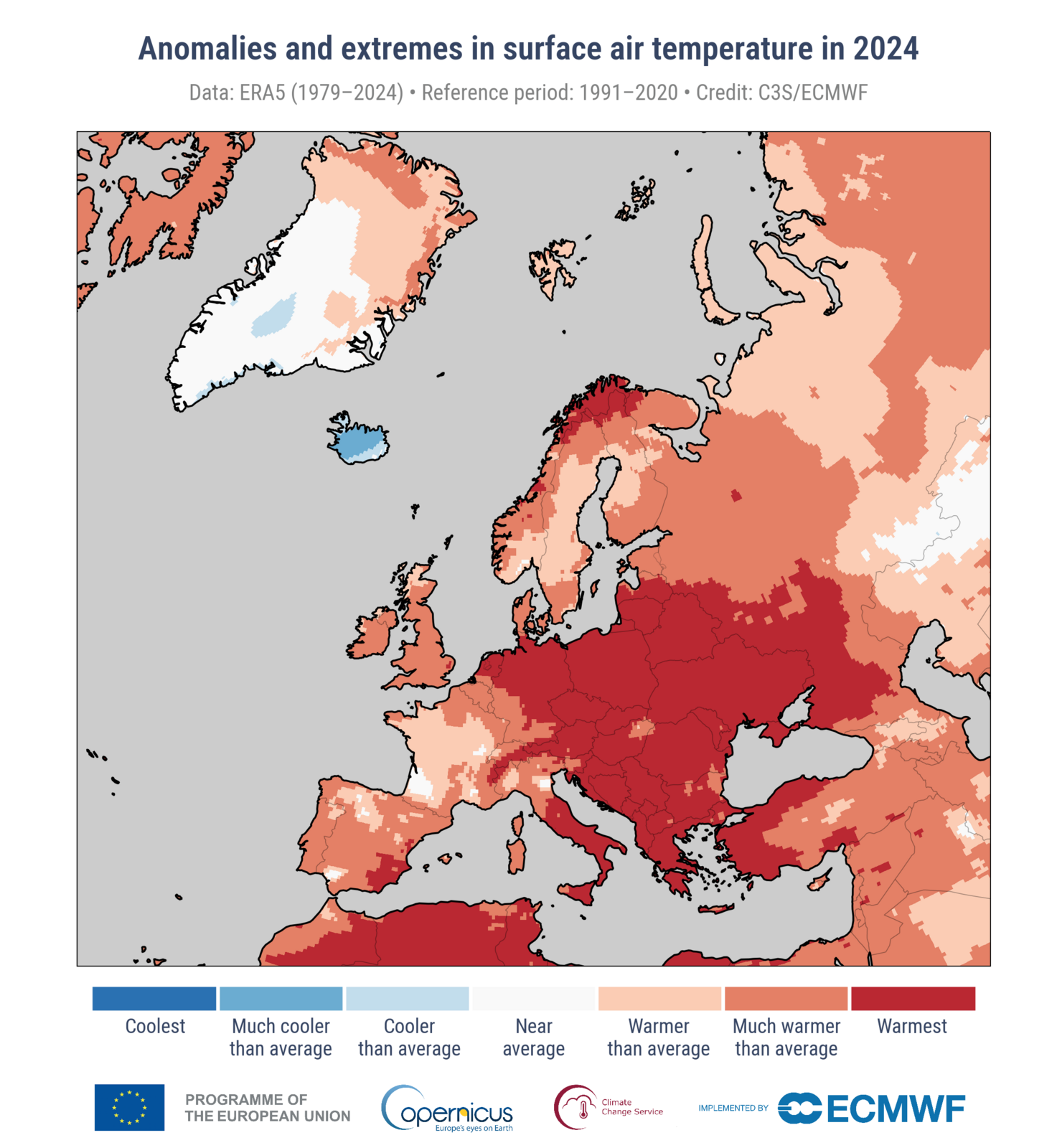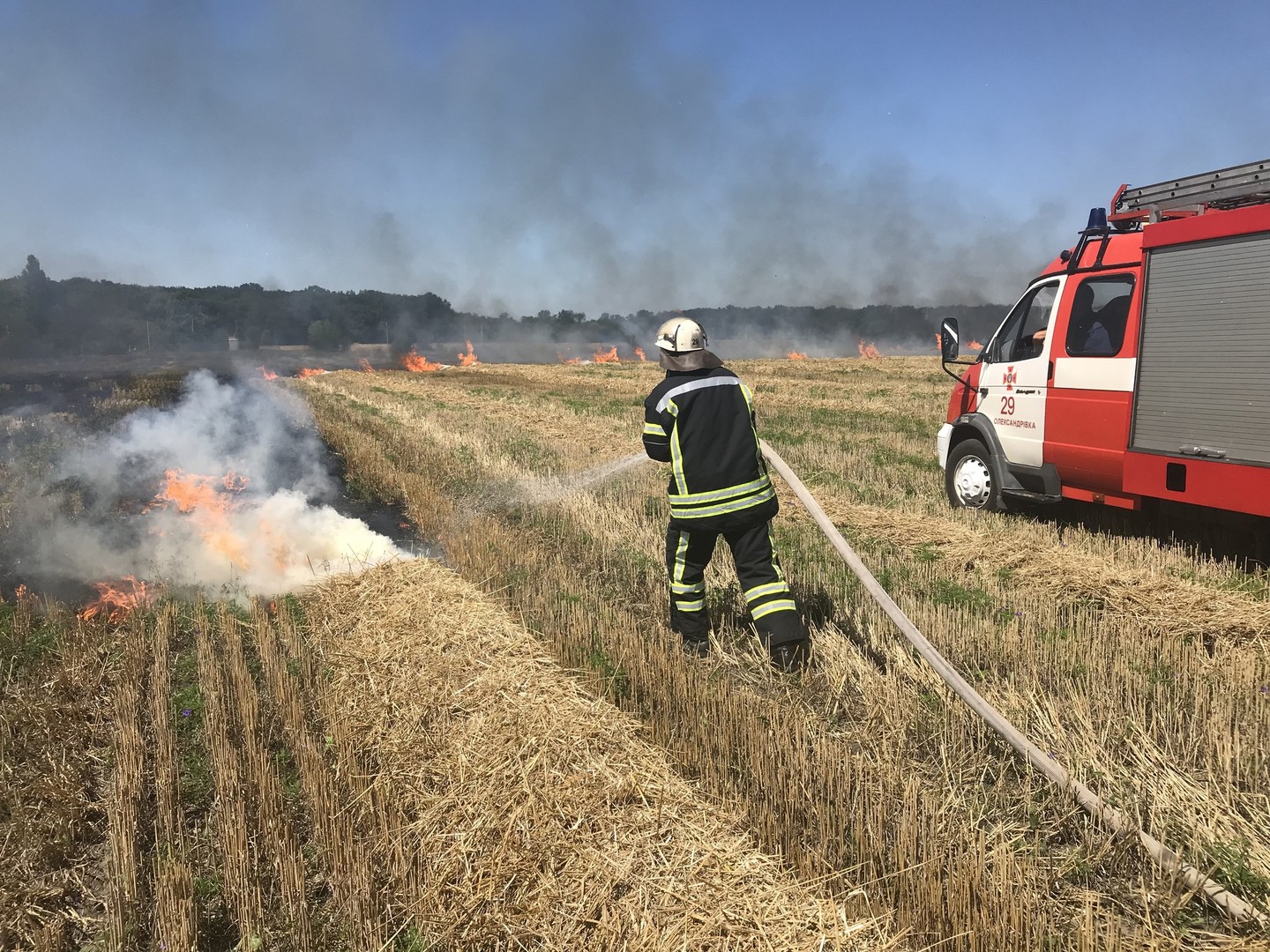Challenges
Ukraine currently faces a systemic crisis as the growing impacts of climate change converge with the devastating environmental consequences of the ongoing war. This dual pressure creates unprecedented stress on the ecological systems, with the most acute vulnerabilities appearing in water sector. Rising temperatures and shifting precipitation patterns are no longer distant projections but immediate threats, leading to severe droughts and the rapid degradation of biodiversity. These drivers jeopardize the livelihoods and infrastructure essential for the country’s long-term development, particularly in the Odesa region and along the Black Sea coast, where the combination of rising sea levels and extreme weather intensifies coastal erosion and threatens vital port and agricultural infrastructure.


The resilience of Ukraine’s natural environment is further compromised by conflict-related destruction, which has dealt a heavy blow to the nation's aquatic and coastal ecosystems. The war has led to widespread pollution from damaged industrial facilities and the catastrophic destruction of water infrastructure, severely disrupting the natural water cycle. In coastal areas and river basins, the contamination of wetlands and the destruction of natural coastal buffers have restricted the ability of communities to manage resources sustainably. As wetlands dry out and coastal landscapes are scarred by conflict, the natural defenses that typically provide water retention, filtration, and storm protection are failing. This decline in ecosystem health directly reduces the country’s adaptive capacity at a time when hydrological stability is most critical. Extinguishing of a cropland wildfire by the State Emergency Service of Ukraine
Extinguishing of a cropland wildfire by the State Emergency Service of Ukraine
These challenges are compounded by a history of unsustainable land use, where intensive agriculture and the drainage of wetlands have already lowered the landscape's ability to store water and regulate local climates. In the arid south, particularly within the Odesa region, the loss of soil moisture and the retreat of natural water bodies are accelerating land degradation. While the Ukrainian government established a strategic foundation with the 2021 Environmental Safety and Climate Adaptation Strategy, a significant gap remains between national policy and local implementation. Currently, urgent humanitarian and reconstruction priorities often overshadow long-term coastal and water adaptation efforts, leaving local authorities without the necessary tools, funding, or specialized adaptation planning to protect their shorelines and water supplies.
Addressing these interconnected crises requires a fundamental shift toward integrating climate change adaptation across sectors and scales. By restoring healthy ecosystems, Ukraine can implement cost-effective solutions such as ecosystem-based adaptation (EbA). Protecting and restoring floodplains, coastal wetlands, dune systems, and natural watersheds in regions like Odesa can help shield communities from climate extremes — including coastal erosion, storm surges, and drought — while supporting sustainable development and national recovery. Strengthening the role of nature — particularly in the vulnerable Black Sea region — is not merely an environmental priority; it is a vital necessity for ensuring the security, prosperity, and resilience of Ukrainian society in a changing climate.
Significant water level drop of Lake Svitiaz




